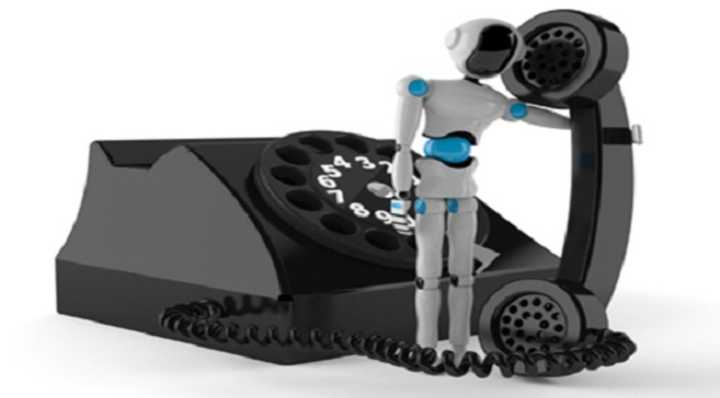Last year, at the urging of a coalition of Attorneys General, the FCC granted phone service providers authority to block certain illegal spoofed robocalls. Now, the coalition of 34 Attorneys General throughout the country are seeking additional authority for the providers to work together to detect and block those illegal spoofed robocalls.
In a formal complaint, the coalition stated that scammers using illegal robocalls have found ways to evade a call blocking order that was issued last year by the FCC. Last year, the FCC received 4.5 million illegal robocall complaints, more than two and a half times those calls were received four years ago.
According to Underwood, “spoofing” allows scammers to disguise their identities, making it difficult for law enforcement to bring them to justice.
“Virtually anyone can send millions of illegal robocalls and frustrate law enforcement with just a computer, inexpensive software and an internet connection,” the Attorneys General wrote in the comments filed with the FCC.
One tactic fraudsters have been utilizing is “neighbor spoofing,” a technique that allows calls – no matter where they originate – to appear on a caller ID as being made from a phone number that has the same local area code and exchange as the consumer. This manipulation of caller ID information increases the likelihood that the consumer will answer the call.
In a statement, Underwood noted that in November last year, the FCC issued the 2017 Call Blocking Order, which will give phone service providers the ability to authenticate legitimate calls and identify illegally spoofed calls and block them. The added authority sought by the Attorneys General now would allow service providers to use new technology to detect and block illegal spoofed calls – even those coming from what are otherwise legitimate phone numbers.
Service providers are expected to be ready to launch this new authentication method no later than 2019.
“Unwanted robocalls aren’t just a nuisance – they’re a means for scammers to take advantage of unsuspecting New Yorkers,” Underwood said. “New Yorkers have been bombarded with these illegal robocall scams – including the all-too-common spoofed calls that appear to come from a neighbor – and it’s time for federal action.”
Click here to follow Daily Voice Rye and receive free news updates.

